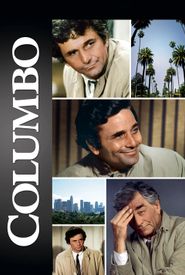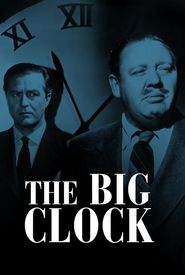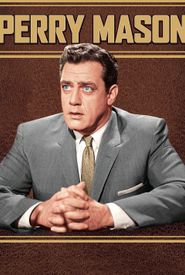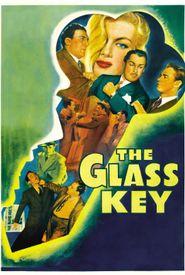Jonathan Latimer was a renowned American writer of thrillers and film scripts, born to a father who was a Chicago lawyer and a mother who was a talented violinist. His name was a nod to a distinguished ancestor who served as a colonel on George Washington's staff during the American Revolutionary War.
Latimer's educational background included graduating from Knox College in Galesburg, Illinois. Following his travels in Europe, he began his writing career as a journalist for the Chicago Herald Examiner and the Chicago Tribune from 1929 to 1934. During this period, he covered the activities of organized crime figures in his hometown, which included encounters with infamous individuals such as Al Capone and George Moran, also known as "Bugs," on their own turf.
From 1935, Latimer started writing a series of hard-boiled crime novels that were published by "The Crime Club" and typically featured the troubled private investigator Bill Crane. His writing style was heavily influenced by Dashiell Hammett and Raymond Chandler, and he often incorporated a cynical yet humorous tone into his work. Latimer occasionally wrote under the pseudonym "Peter Coffin," as seen in his 1937 novel "The Search for My Great Uncle's Head."
In the late 1930s, Latimer transitioned to working in Hollywood, where he excelled at crafting gritty dialogue for film noir genre, particularly in movies such as Hammett's "The Glass Key" (1942),"They Won't Believe Me" (1947),and "The Big Clock" (1948).



































